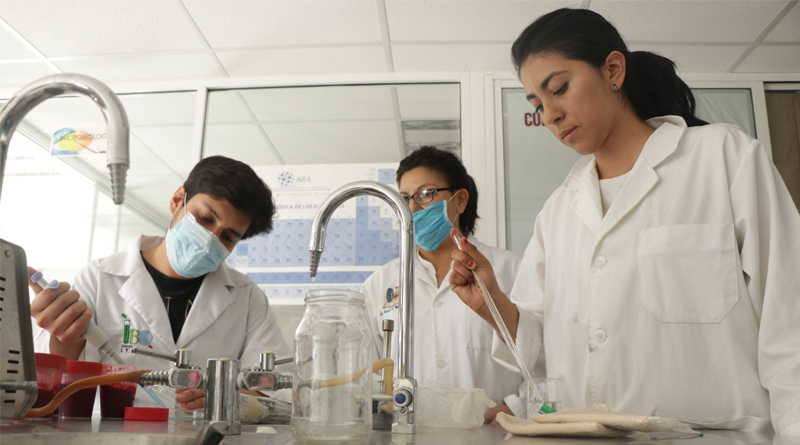Researchers have found an intestinal bacterium, known as Akkermansia, that offers proven enduring benefits for the intestines of overweight mice and diabetic animals. The research also shows that the strengthening effects of this bacterium on the intestinal barrier remain even after pasteurization.
Researchers of the Louvain Drug Research Institute of the University of Leuven in collaboration with researchers of the Wageningen University & Research and the University of Helsinki, say the results could help to pave the way for treatments against diabetes and obesity, but also against cardiovascular diseases and gastroenteritis.
In experiments with obese mice, research groups were able to stop the progression of obesity and diabetes type 2 after the mice were given a special treatment with the intestinal bacterium Akkermansia muciniphia.
The researchers state that the living form of Akkermansia reduces the effects of obesity and diabetes, even after pasteurization. After heating above 70 degrees Celsius, Akkermansia still stopped the diseases’ progress in mice.
Pasteurization was performed in an attempt to make the bacterium inactive, but without destroying it or its characteristics. However, in its inactive state the bacterium continued to effectively combat the diseases.
“This came as a complete surprise,” says Willem de Vos, researcher.
“Even more surprising was the fact that the bacterium was partially more active after pasteurisation: not only reducing obesity and diabetes, but preventing these diseases from developing in the first place.”
The researchers explain that the Akkermansia’s effectiveness derives primarily from its inhibiting effect on intestinal inflammation, such as colitis or chronic irritable bowel syndrome.
The intestinal bacterium is currently being tested in Brussels on its applicability for patients suffering from obesity and diabetes. The results are still expected, but the first clinical trial on the safety of administering the intestinal bacterium in inactivated form is positive.
The team say that the unexpected effect of the pasteurized Akkermansia bacterium is due to a protein in the external membrane of the bacterium, which was investigated in the Wageningen team by Dr Noora Ottman and Dr Clara Belzer.
This protein, known as Amuc_1100*, remained functional after heating. Pasteurization did inactivate the bacterium as a whole, but not the functional membrane protein that turns out to be responsible for the beneficial effect in mice.
The researchers say that isolating this protein makes it possible to develop a drug in a concentrated form that could also be used in therapies against intestinal inflammation as a result of stress, alcoholism, liver disease and cancer.
The researchers have applied for a number of patents on their findings. In addition, a spin-off company is being developed to scale up production of both the Akkermansia bacterium and the protein.
Source: Food Ingredients First








